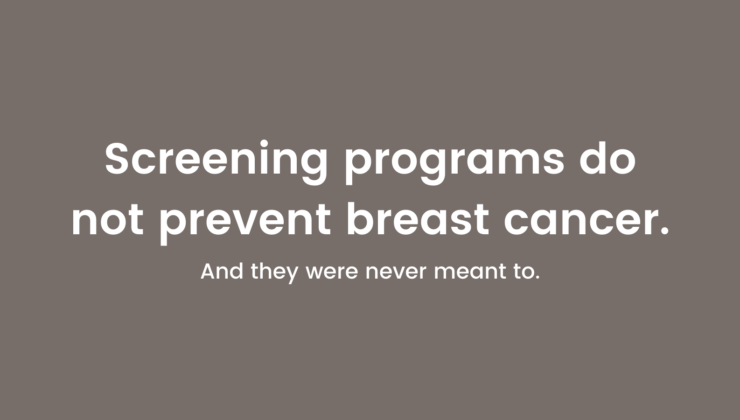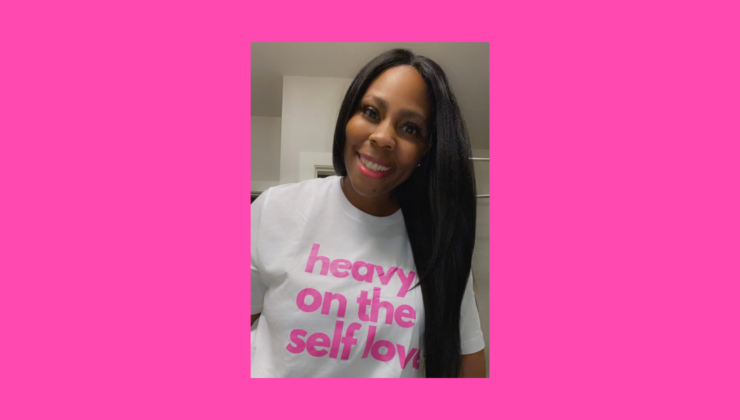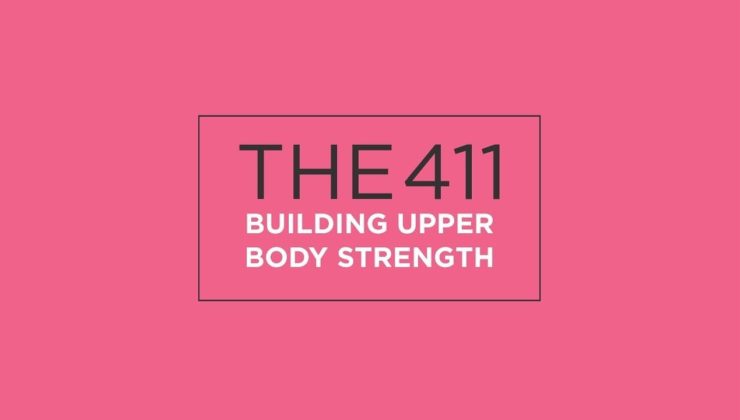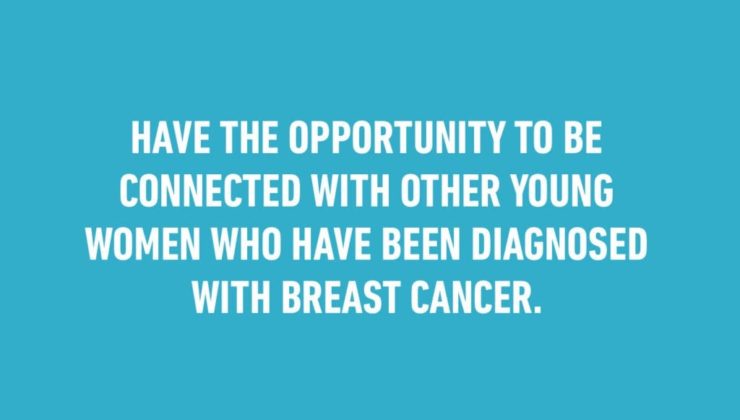How Do I Prevent Breast Cancer? Here’s 4 things you can do to reduce your risk right now.
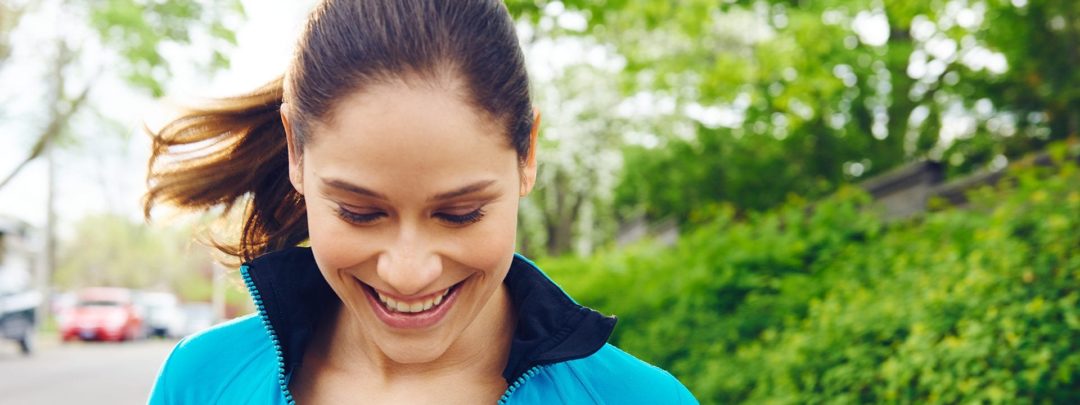
It’s one of the most common questions we get asked and one we encourage you to keep asking. But with few known causes and several evolving risk factors, the answer is not as simple as we wish it were.
The best place to start is to be proactive in knowing, understanding and reducing your breast cancer risk factors wherever possible. You may not have the power to change your history or DNA, but how you live – what you put in and on your body, what you expose yourself to, your level of physical activity and breast awareness – is up to you!
The average woman has a 1 in 9 chance of developing breast cancer in her lifetime, with the greatest risk occurring after the age of 55. The most proven and significant breast cancer risk factors are being female and getting older. The good news is that there are small positive lifestyle changes that can add up to big improvements in your overall health which may help to reduce your risk of breast cancer like diet and exercise.
Rethink Breast Cancer encourages young women to reduce their risk of breast cancer by limiting how much alcohol they drink, maintaining a healthy weight, being regularly physically active and exercising caution when it comes to chemical exposure through personal care and household products, and choosing foods and beverages
Some simple tips to help reduce your risk:
Increase your level of physical activity
Did you know that regular physical activity can reduce a woman’s lifetime risk of developing breast cancer by at least 20%?It’s time to get moving! Although there is still more to learn, current evidence suggests that at least 30-60 minutes per day of moderate or vigorous level physical activity is needed to lower your lifetime risk of developing breast cancer. Moderate physical activity should make you warmer and breathe harder and get your heart rate up.
Remember:
- Regular physical activity (exercise) can reduce a woman’s lifetime risk of developing breast cancer by at least 20%
- Aim for at least 30 minutes of vigorous exercise a day
- Get active. Stay active. And make it a lifelong habit to make an impact
Maintain a healthy bodyweight
Being overweight or obese before menopause slightly increases your risk of developing breast cancer before menopause. The more weight you gain over the course of your adult life, the higher your breast cancer risk after menopause.
Rethink encourages young women to have their doctor check their Body Mass Index (BMI) to help indicate a healthy body weight. Regular exercise and a balanced diet can help you maintain a healthy body weight.
Remember:
- Maintaining a healthy body-weight throughout your life can reduce your risk of breast cancer
- Consult with your doctor on your personal best Body Mass Index
- A healthy diet and plenty of physical exercise can help maintain a healthy body weight
Reduce alcohol consumption
We know sipping your favourite cocktail can be hard to resist. But consider making it a virgin the next time happy hour rolls around. Studies show that alcohol can increase a woman’s risk of breast cancer.
Alcohol can increase levels of estrogen and other hormones associated with hormone-receptor-positive breast cancer. Alcohol also may increase breast cancer risk by damaging DNA in cells. Compared to women who don’t drink at all, women who have three alcoholic drinks per week have a 15% higher risk of breast cancer. Experts estimate that the risk of breast cancer goes up another 10% for each additional drink women regularly have each day.
Remember:
- Alcohol can increase hormone/estrogen levels which are linked to breast cancer
- Limit your alcohol intake (no more than four drinks a week, but less is better!) to help reduce your risk
Avoid exposure to chemicals in your environment
The widespread use of synthetic (man-made) chemicals in modern life has dramatically changed the chemical makeup of the environments inside and outside of our bodies. The impact of these chemicals on breast health has only been partly studied; however, early evidence raises concerns. Some pollutants can directly damage our genes. Others can mimic estrogen or disrupt the normal hormonal balance and lead to abnormal breast cell growth. There is research to indicate that an increased risk of breast cancer is most likely to result from exposure to chemicals during breast development and sensitive daily cell operations. However, it is extremely challenging for scientists to isolate and identify the true role of environmental contaminants because environmental exposures, genetics and lifestyle seem to all intertwine.
Synthetic chemicals and many pesticides used in food production, processing and packaging end up in food. Choose organic when you can (especially for the “dirty dozen“). If organic is out of your budget, put the “clean 15” on your shopping list. Also, wash and peel your fruits and veggies before eating to reduce pesticides.
It’s best to buy cosmetics and personal care products that are made without fragrances, hormones and preservatives. Click here to check out Environmental Defence Canada’s “Toxic Ten” to beware of when shopping.
Use green or organic cleaners and household supplies that are safer for you and better for the environment. Check out www.toxicnation.ca/guides for tips on reducing toxins in your body and home.
Remember:
- Avoid exposure to chemicals in your environment as best you can
- It’s important to know how to read labels and understand packaging in order to select foods and beverages carefully
- Steer clear of the dirty dozen and shop for the clean 15

